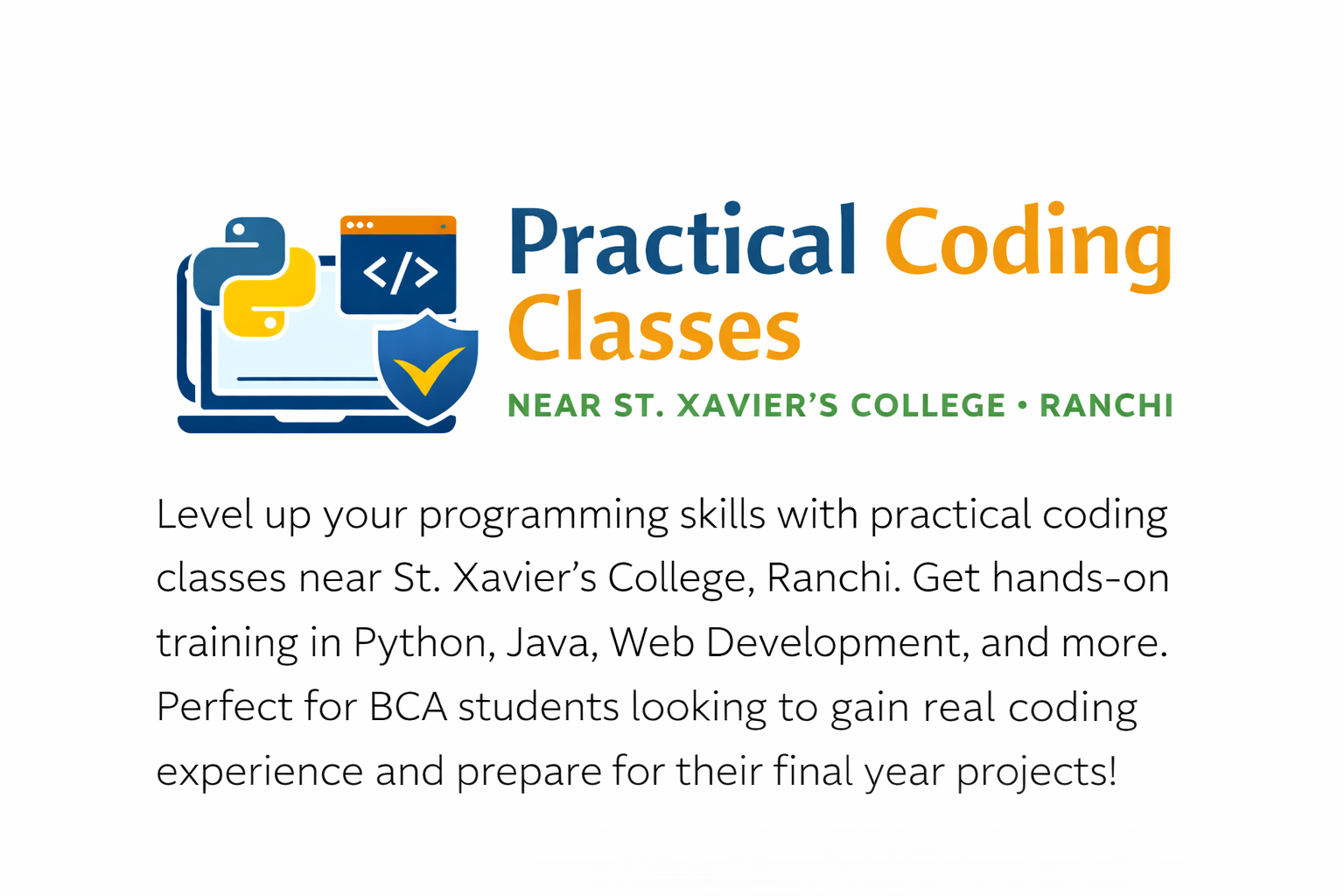Understanding the Importance of Problem-Solving Skills
Problem-solving skills are fundamental for developers, serving as a foundation upon which effective coding and debugging capabilities rest. In the fast-evolving field of technology, developers encounter complex challenges that require not only technical expertise but also creative and analytical thinking. The ability to identify problems, brainstorm potential solutions, and implement effective strategies can significantly enhance a developer’s performance and efficiency.
When developers possess strong problem-solving skills, they can write cleaner and more efficient code. This efficiency stems from their ability to foresee potential issues in their code before they manifest, ultimately leading to fewer bugs and a smoother user experience. Moreover, proficient problem solvers are adept at debugging, which is a critical aspect of the development process. Being able to quickly isolate and resolve issues minimizes downtime and contributes to timely project deliveries.
Real-world scenarios illustrate the impact of problem-solving abilities on overall project success. For instance, during a team project, a developer might encounter an unforeseen challenge that threatens the project’s timeline. A developer with solid problem-solving skills can collaboratively engage with team members to devise an innovative solution, facilitating not only the resolution of the immediate issue but also enhancing the team’s ability to tackle future challenges. This collaborative effort can foster a positive team dynamic, where members contribute their insights and develop mutual trust.
In addition to enhancing technical proficiency, strong problem-solving capabilities often lead to increased adaptability. As technologies evolve and new programming paradigms emerge, developers who are skilled in problem-solving can quickly learn and apply new concepts, ensuring they remain competitive in their field. Overall, problem-solving skills are not merely beneficial; they are essential for developers aiming to thrive in today’s complex technological landscape.
Key Techniques to Cultivate Problem-Solving Skills
Enhancing problem-solving skills is essential for developers aiming to tackle complex challenges efficiently. One of the most effective techniques is the ability to break down intricate problems into smaller, more manageable components. By deconstructing a larger issue, developers can focus on solving each part individually, ultimately leading to a comprehensive solution. This strategy not only makes the problem less intimidating but also clarifies the path to resolution.
Utilizing algorithms and data structures stands as another critical technique in refining problem-solving abilities. Understanding the foundational concepts of algorithms enables developers to select appropriate methods to address specific problems. Coupled with effective data structures, which organize and manage information efficiently, this knowledge grants developers the necessary toolkit to optimize processes and solve problems faster.
Moreover, actively engaging in coding challenges serves as a powerful practice tool. Many platforms offer a variety of coding problems and competitions that help sharpen problem-solving skills. By tackling these challenges regularly, developers can cultivate a mindset of resilience and creativity while adapting to different problem types and constraints. Websites such as LeetCode, HackerRank, and CodeSignal provide excellent resources for honing these skills.
An additional approach worth mentioning is embracing the scientific method in problem-solving. This systematic process involves making observations, forming hypotheses, conducting experiments, and analyzing results. By treating coding challenges like experiments, developers can learn from their mistakes and successes, refining their strategies over time.
Incorporating these techniques into a developer’s routine can significantly enhance their problem-solving skills. With continual practice and the right resources, anyone can elevate their abilities and tackle increasingly complex coding challenges with confidence.

Collaborative Problem-Solving: Learning From Others
Collaboration plays a pivotal role in enhancing problem-solving skills among developers. When individuals work together, they bring diverse perspectives and experiences to the table, potentially leading to innovative solutions that might not have emerged in isolation. Engaging with peers through code reviews is a fundamental practice that can significantly benefit developers. During these reviews, developers can receive constructive feedback on their code, which can illuminate weaknesses and open discussions about alternative approaches. This aspect of collaboration allows individuals to learn from the strengths and strategies of their peers, expanding their own problem-solving toolbox.
In addition to code reviews, pair programming presents another avenue for collaborative learning. This practice involves two developers working together at the same workstation, with one coding while the other reviews the work in real time. The immediate interaction encourages dialogue and shared reasoning, allowing both individuals to refine their problem-solving approaches as they tackle complex issues. This dynamic not only boosts confidence but fosters a deeper understanding of different coding styles and methodologies. As developers engage in this shared experience, they hone their skills while nurturing a team-oriented mindset, which is crucial in today’s collaborative industry environment.
Furthermore, mentorship is a profound method for enhancing problem-solving capabilities. More experienced developers can guide novices through the intricacies of coding challenges, providing insights gained from their own trials and errors. Such guidance is advantageous, as it encourages less experienced developers to approach problems with a broader perspective. Additionally, engaging with professional communities, whether through online forums or local meetups, opens the door to exchanging ideas and strategies. This community involvement enhances a developer’s adaptability and resourcefulness when faced with complex problems, ultimately creating a more robust approach to problem-solving in their careers.
Continuous Learning and Adaptability in Problem-Solving
In the ever-evolving landscape of software development, continuous learning and adaptability are paramount for effective problem-solving. As technology advances at a rapid pace, developers must remain proactive in acquiring new knowledge and skills. Engaging in continuous learning enables developers to stay updated with the latest trends, frameworks, and best practices, thereby enhancing their ability to tackle complex challenges that may arise during software development.
One effective strategy for fostering continuous learning is to engage in online courses and certification programs that focus on emerging technologies and programming languages. Platforms such as Codecademy, Udemy, and Coursera offer a plethora of resources that can help developers expand their technical expertise. Additionally, participating in coding boot camps and workshops can provide hands-on experience in a collaborative environment, allowing developers to learn from peers and industry experts.
Moreover, staying informed through industry news and participating in online communities, such as GitHub and Stack Overflow, can facilitate knowledge sharing and expose developers to innovative problem-solving techniques. Networking with fellow developers and attending conferences can offer further insights into real-world applications of new technologies, creating opportunities for professional growth.
Adapting to changing project requirements is another crucial aspect of effective problem-solving. Developers should cultivate an agile mindset, remaining flexible and open to change. This involves embracing iterative methodologies, such as Agile and Scrum, which allow teams to respond quickly to feedback and adjust their approach as necessary. By doing so, developers can navigate obstacles with greater ease, fostering a culture of resilience and adaptability.
Conclusion
Lastly, cultivating a growth mindset is essential for embracing challenges and learning from failures. By viewing challenges as opportunities for growth rather than insurmountable obstacles, developers can build confidence in their problem-solving abilities and respond effectively to a variety of situations. Emphasizing continual improvement and perseverance will ultimately lead to greater success in the dynamic field of software development.
Read Our Latest Blog
How to Secure Your Personal Data Online
Phone Number: +91-7488456170
Email ID: abhishek@eepl.me
Our Platforms:
Digilearn Cloud
EEPL Test
Live Emancipation
Follow Us on Social Media:
Instagram – EEPL Classroom
Facebook – EEPL Classroom
Stay connected and keep learning with EEPL Classroom !









